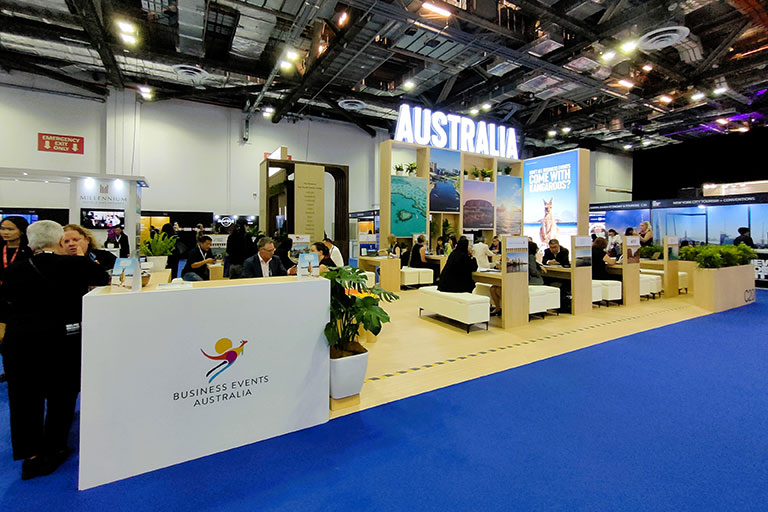
The Meetings Show Asia Pacific draws a crowd on its first run
The inaugural Meetings Show Asia Pacific (TMS APAC) at Sands Expo and Convention Centre in Singapore last week

The inaugural Meetings Show Asia Pacific (TMS APAC) at Sands Expo and Convention Centre in Singapore last week

Crown Resorts has been deemed suitable to hold a gaming licence by the casino regulator in New South
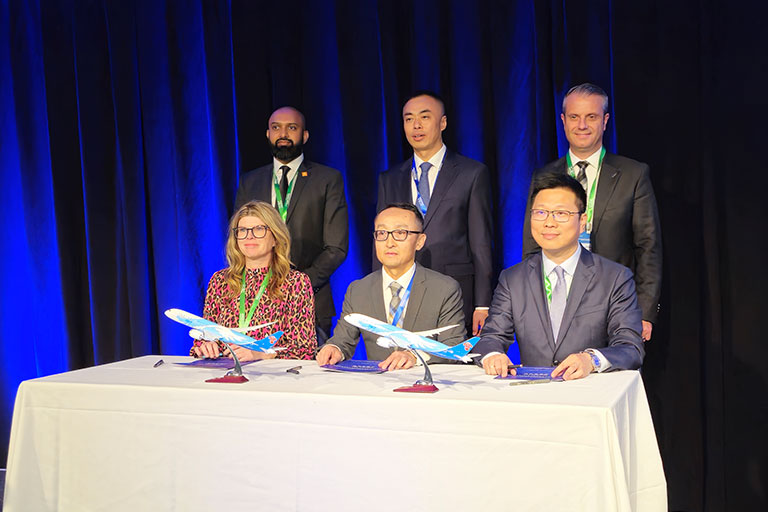
Auckland Unlimited, Auckland Airport and China Southern Airlines have signed a memorandum of understanding (MoU) to deliver more
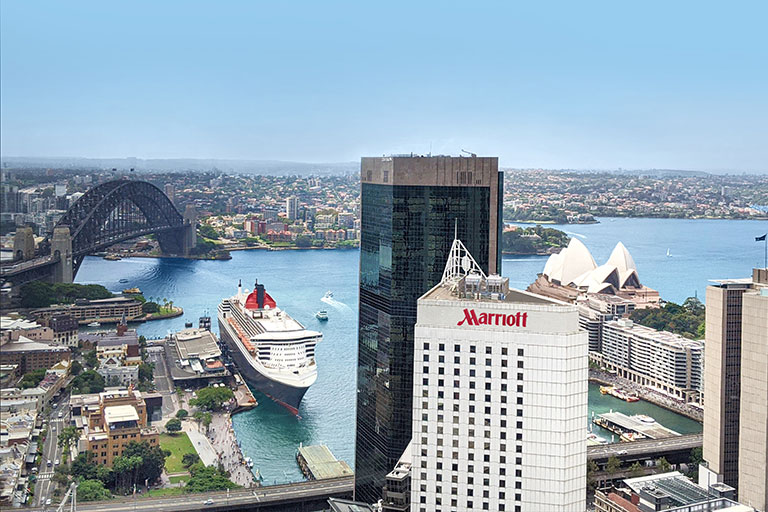
The major global hotel chain has confirmed its short and long term carbon emissions reduction goals with a

The portal will bring together various tools, resources and funding to make it easier to host a business

Business events in Brisbane are anticipated to inject $94 million into the economy this year.
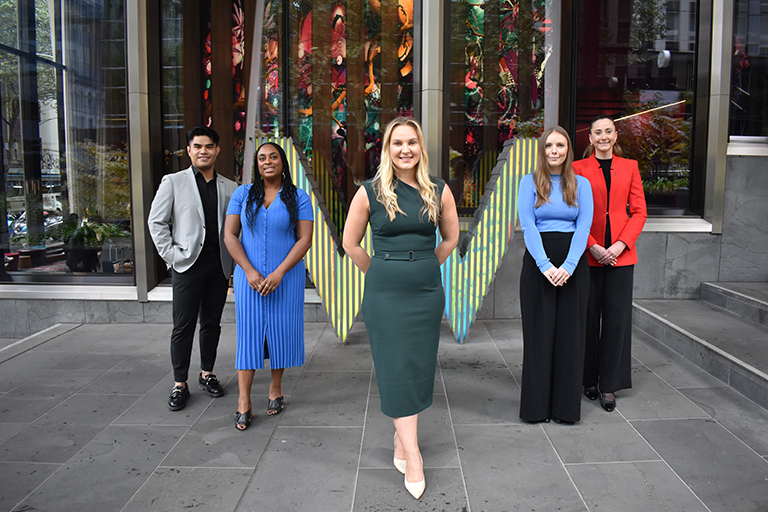
W Melbourne has boosted its sales team and there’s been a resignation at The Star Gold Coast.
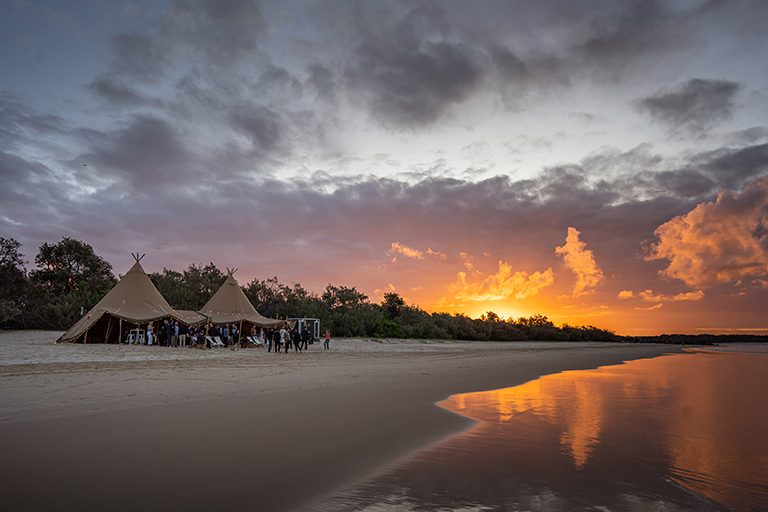
Visit Sunshine Coast has launched a new logo, website and sizzle reel to sell the destination to business

Crown Sydney has achieved a sustainability first, there’s a new glamping option at a conferencing retreat in the

The first of New Zealand’s major cities to get a convention centre will be reaping the benefits next
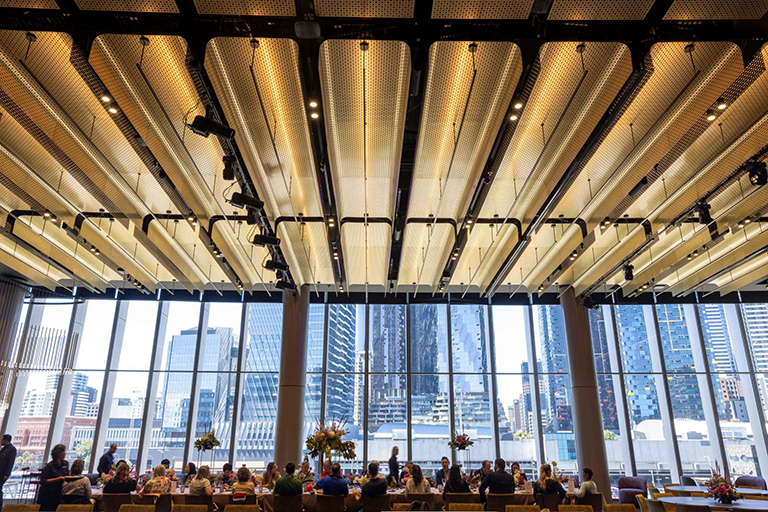
From a beyond luxury bus to unexpected new spaces at Marvel Stadium and the gentle wonder of BBC
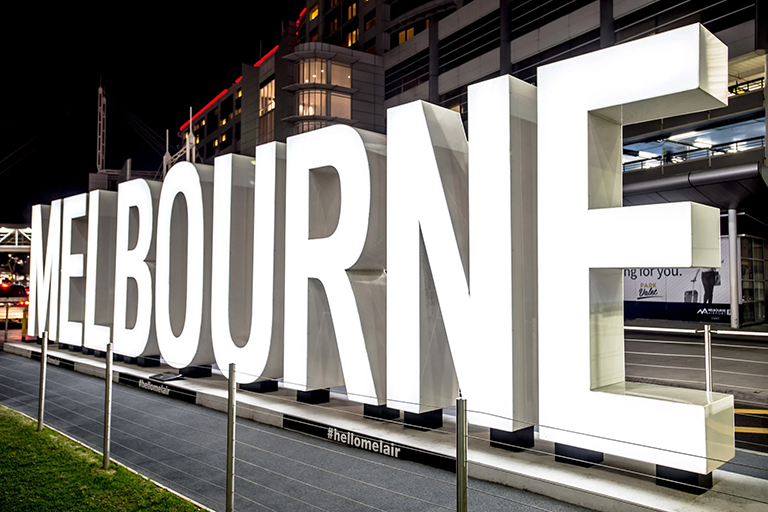
Statistics show a return of the Chinese visitor market to Melbourne as the city gains a new air